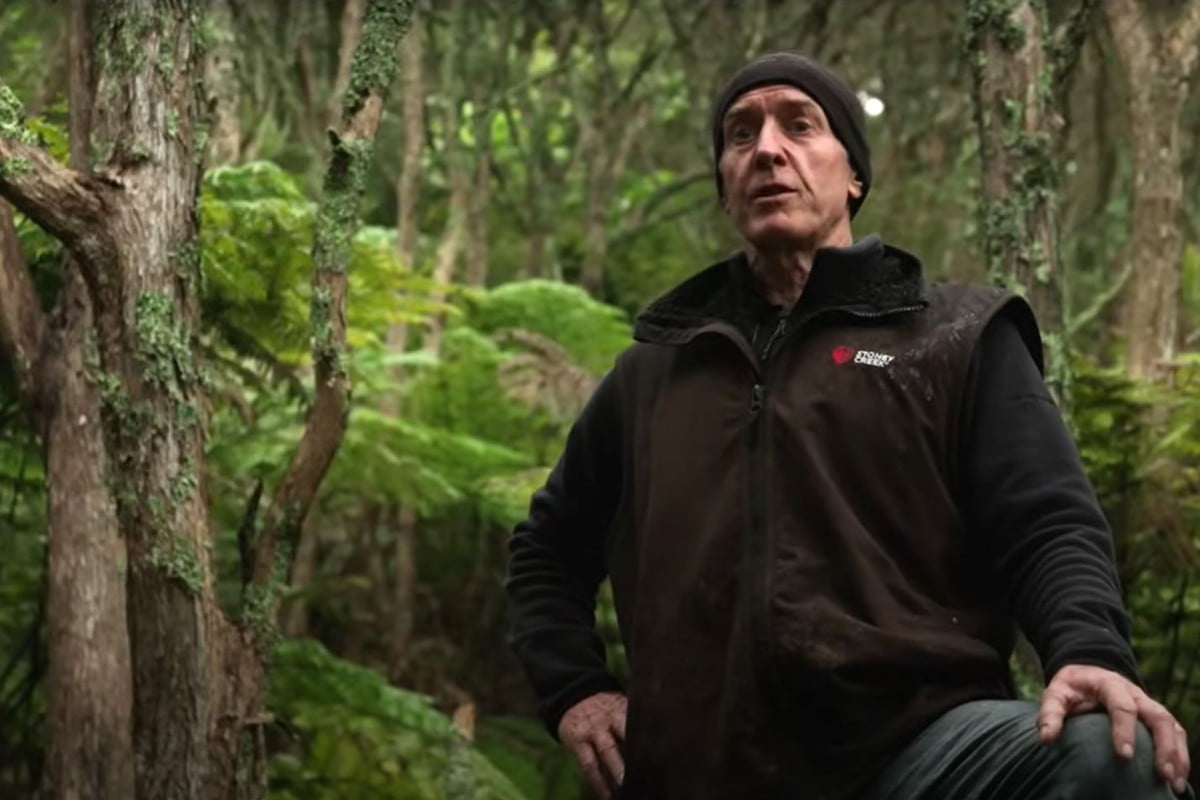Extreme Weather a Critical Concern for Next Decade of Farming, Experts Say
One year after the widespread devastation caused by the catastrophic flooding of cyclone Gabrielle, a new report finds that primary sector experts are deeply concerned about the influence of extreme weather over the next decade of farming in New Zealand.
Climate change, extreme weather events and water quality are considered the three biggest challenges likely to affect agriculture in Aotearoa for the next 10 years, according to primary industry experts in a new study funded by Our Land and Water.
As part of the research, over 280 leaders in agribusiness and Māori enterprises, policymakers and academics were asked to rank over 70 international and domestic ‘drivers’ to understand how much they are expected to affect land use in Aotearoa in the upcoming decade. Examples of drivers investigated include nanotechnology, Māori values, and trade policy.
Nearly all experts cited climate change and extreme weather events as the two most critical drivers.
Following closely were water quality and agricultural policy as major domestic concerns, and greenhouse gas emissions and trade agreements as pressing international issues.
“The extreme weather events that the New Zealand primary sector has experienced, particularly cyclone Gabrielle in Hawkes Bay and surrounding areas, is fresh in people's minds”
Dr Tim Driver of the AERU at Lincoln University
Prior to seeing the list of drivers, the experts were asked to freely identify and rank their three most ‘front of mind’ (unprompted) issues for the near future. The findings for this part of the research showed climate change as unequivocally the biggest concern held by many, with more than double the ranking score of the second-ranked issue.
The second and third most influential ‘front of mind’ domestic issues were government policy and water quality respectively, with consumer preferences and trade/market access as the equivalently ranked international issues.
“This research captures the zeitgeist of the New Zealand primary sector very well,” says Dr Tim Driver, research lead at Lincoln University. “We've had significant world and domestic events captured, particularly the unprompted part. That part reveals quite prominently what’s on the minds of those working in primary production.”
“This research captures the zeitgeist of the New Zealand primary sector”
Dr Tim Driver of the AERU at Lincoln University
The findings suggest that the widespread devastation caused by the catastrophic flooding of cyclone Gabrielle in early 2023 has brought climate change – and extreme weather as a known consequence – into sharp relief for those working in agriculture and other primary industries. To date, Gabrielle is the country’s costliest non-earthquake natural disaster, with an estimated $2 billion of damage to the food and fibre sector.
“The extreme weather events that the New Zealand primary sector has experienced, particularly cyclone Gabrielle in Hawkes Bay and surrounding areas, is fresh in people's minds.This study reflects both the more recent experiences of the primary sector and an emerging awareness of the importance of planning for, and adapting to, climate change and its related extreme weather events.”
Driver says that it is also notable that water quality is ranked highly as a pressing issue when looking across the findings, similar to previous years’ iterations of the study.
“Producers have got this dual pressure of maintaining production versus reducing the environmental impacts, particularly in more intensive sectors such as dairy,” says Driver. “On the one hand you have an ongoing need for water resources to continue production, and on the other hand there’s increasing concern about things such as agricultural runoff entering local water sources and its impacts on biodiversity, ecosystem services, and so on.”
“The potential [of A.I.] is just astronomically huge, as A.I. can be used in sectors that aren't commonly associated with techs, such as agriculture”
Dr Tim Driver of the AERU at Lincoln University
Although the experts participating in the study ranked innovative technologies as low impact compared to ‘more pressing’ issues, the researchers suggest that A.I. could be an emerging game changer in helping producers adapt to climate change and extreme weather events. A.I. has recently been shown to help farmers in the UK choose the right seeds to grow in specific weather conditions and support Cantabrians in irrigating their farmland more effectively during droughts.
“The potential is just astronomically huge, as A.I. can be used in sectors that aren't commonly associated with techs, such as agriculture,” says Driver. “It can potentially provide farmers and land managers with information that they wouldn't normally have access to. The knowledge and expertise of New Zealand producers is immense, but A.I. could be a useful tool to complement that.
“Right now, the cost and lack of connectivity in rural areas does create a barrier, such as not being able to get 5G way out in the paddocks, but over time it will likely get cheaper as providers roll out better connectivity in more remote areas. By the end of the decade, we will see it being used much more widely in the primary sector.”
While adapting to climate change is clearly the highest priority, the researchers say the complexity of all the drivers acting together means it would be remiss to not include other issues in decision-making. Examples of these include animal welfare, environmental policies, consumer demands for more ethical production, the financial sector’s move towards ethical and social investing criteria, and the potential effects of war on international trading.
More information:
- The Matrix of Drivers: 2023 Update (report)
- Data visualisations of the survey results
- The Matrix of Drivers research project information
- The open-access evidence base neatly organises, by issue, links to 1500 international and domestic primary sources of information, vetted for relevance and credibility.
Author
 View Our Strategy Document 2019 – 2024
View Our Strategy Document 2019 – 2024




Leave a Reply